The re-launch of Abu Dhabi Investment Company (ADIC) as Invest AD, an asset manager for third-party funds, marks an interesting shift in strategy for the region’s sovereign wealth funds.
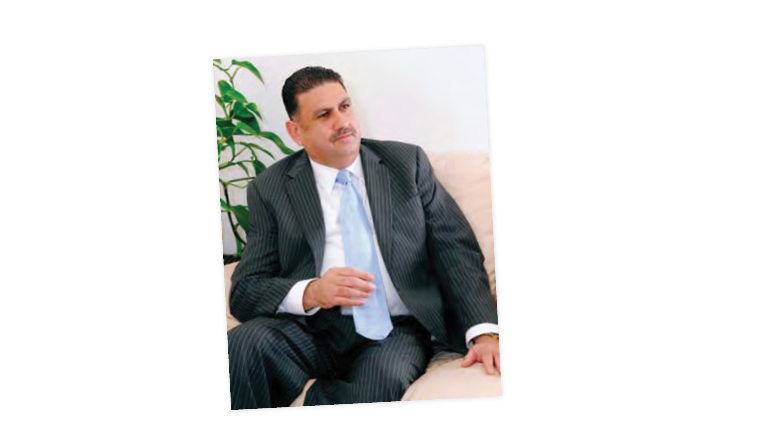
27 April 2024

The re-launch of Abu Dhabi Investment Company (ADIC) as Invest AD, an asset manager for third-party funds, marks an interesting shift in strategy for the region’s sovereign wealth funds.
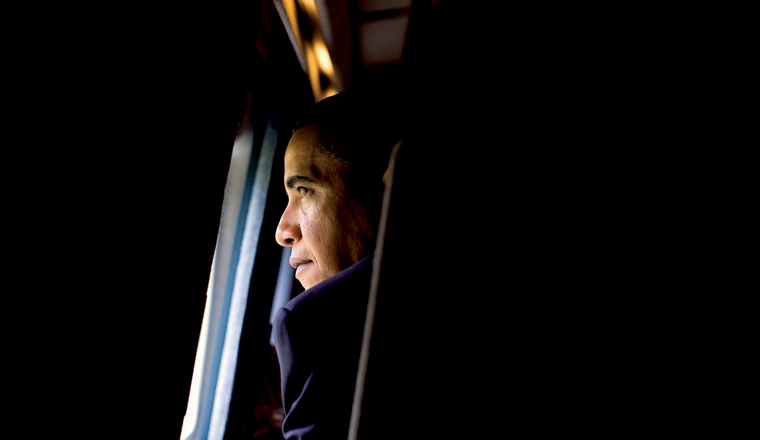
President Obama’s speech in Cairo University in early June has been hailed as a milestone in the US’s relations with the Middle East. Here, we present edited highlights of the speech, and some reactions to it in the west, Israel, and the Muslim world.
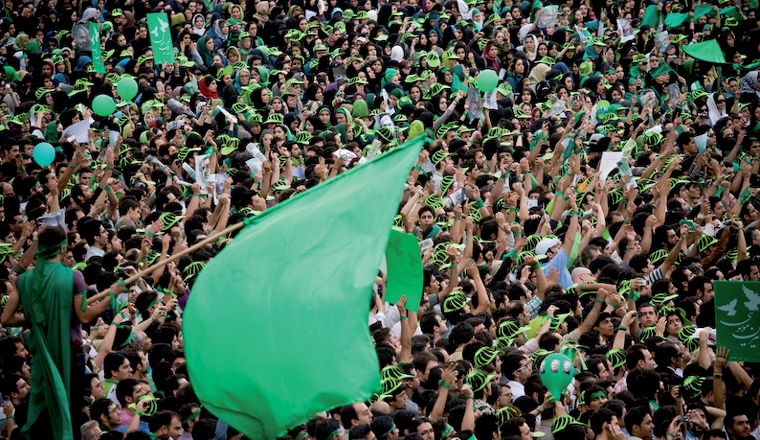
While it was not inconceivable that Iran’s incumbent president, Mahmood Ahmadinejad, would win the presidential election there in June, the extent of his victory has raised eyebrows, and tempers, both in Iran and abroad.
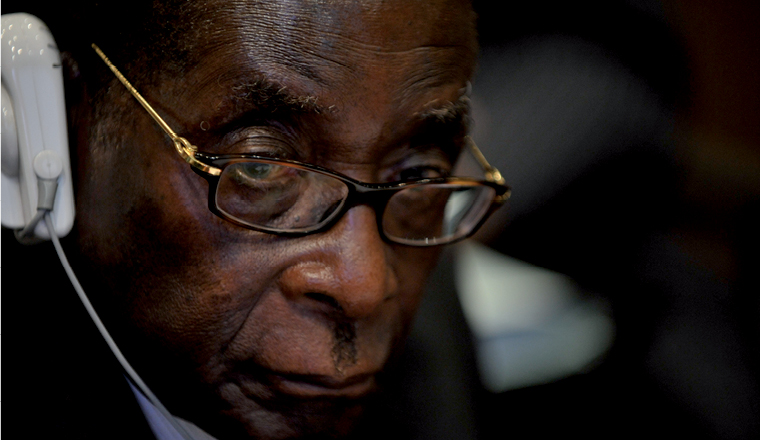
African states and banks have provided Zimbabwe with more than US$1bn in trade credit lines. Support from regional bodies has provided a much-needed injection of cash, but in the absence of long-term financing or western loan packages, the country is still far from recovery, writes Shannon Manders.
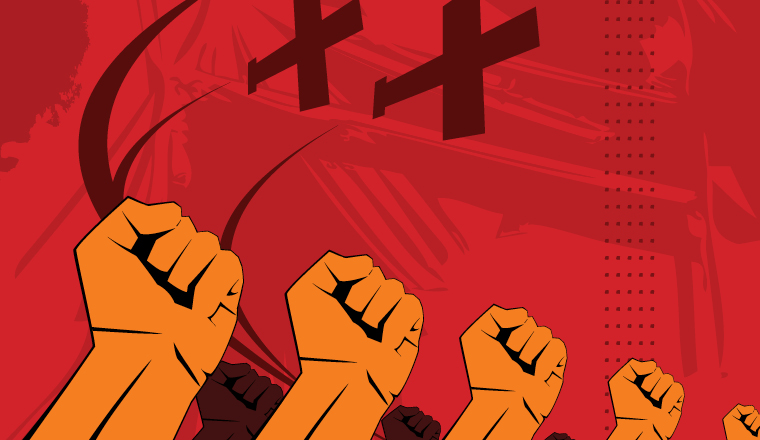
The Russian distressed debt market presents some great opportunities for those investors with an appetite for risk, reports Julian Evans.

While the top global banks have shed thousands of jobs, some smaller firms have been aggressively hiring. But they face a tough struggle against the larger competition, reports Eva-Luise Schwarz.

South Africa has been home to one of the fastest growing derivatives markets in the world. A merger of the two leading exchanges in the country could cement the market’s global position, reports Liz Salecka.

With international banks and private equity firms absorbed with problems in their home markets, the field is free for local investment houses in what could be the best private equity environment in the last 20 years. Nick Lord reports.

The Nigerian stock market, and particularly the banks, have taken a big hit over the last nine months, but optimism is returning among foreign investors, writes Kevin Godier.

Iraq’s government is trying to persuade western banks and companies to put billions into the country’s battered economy. The opportunities are great, but so are the risks, reports Julian Evans.
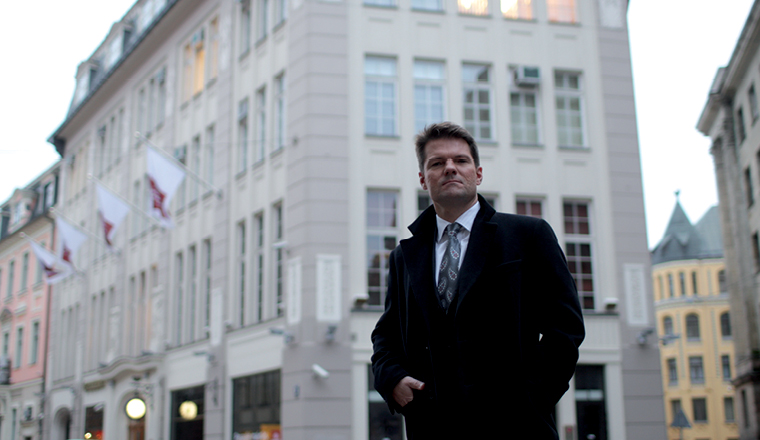
Nils Melngailis was brought in by the Latvian government in December to try and rebuild Parex Bank, after it was nationalised in November. He epitomises the country’s stoic resolve to start again after the worst crisis in the country’s short history.
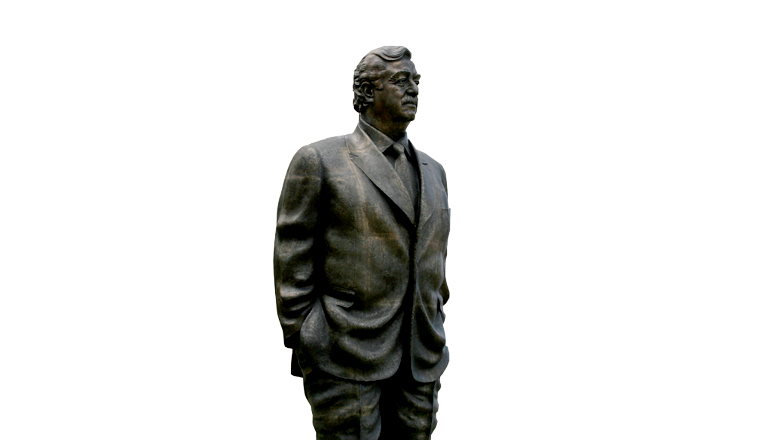
Lebanon has faced four years of violence, civil strife, assassinations and war. And yet its economy and banking sector grow stronger each year, reports Julian Evans from Beirut.